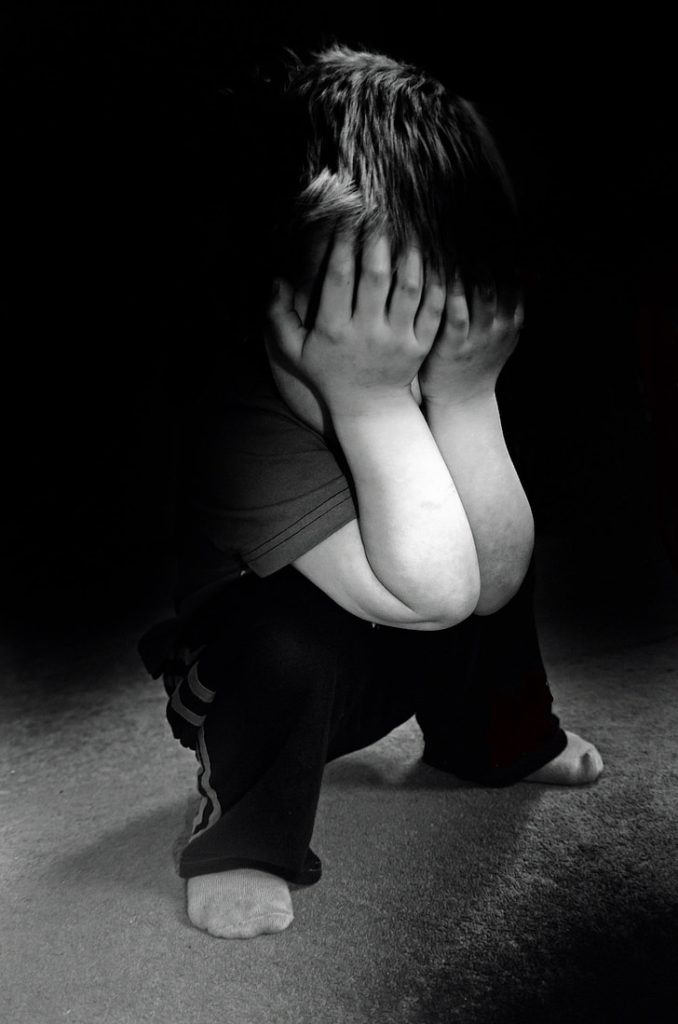Sometimes life will have other plans than protecting our children.
Our thoughts have been consumed by the murders of Uvalde, as well as our discussions at home, with our friends, on the Internet, and in the media. The nightmare is a constant presence in our children’s lives, whether it be in the home watching TV, or in their conversations with family and friends. This can become too much to handle for children.

Your Child’s Experience
The way your child reacts to a disaster will depend on his or her age, style of life, experience and proximity. Toddlers are only concerned if their parents appear upset. Children will feel bad for those involved and may worry about relatives and friends who aren’t in their immediate sight. They might also worry that this could happen at another event. A child once asked, “What photo of me will you display?”
After the lights are turned off, what was exciting for friends to talk about during the day turns into something frightening.
Listen to them
Be patient and listen to what they have to say. Tell them that this is extremely rare. Respond to questions honestly, according to their developmental stage. Never lie.
Monitoring what your child hears and sees
Watch and listen to what you child hears or sees. Adult conversation and media can increase fear, confusion and trauma. Repeated images can cause anxiety.
Watch out for
Even children who were not involved in the incident may show symptoms of Post-Traumatic Stress. Children may appear sad, moody or easily irritable. Some people are afraid of going to public places. Sleeping problems or excessive sleep may be a problem. Appetites may suffer. If your child is not with you, he or she may experience anxiety and nightmares.
After a traumatizing event, children often have difficulty concentrating and will experience deteriorating grades. Your independent children may regress in their development: they may need your help to complete tasks that were previously done on their own. The child may withdraw from activities that they used to enjoy and avoid them. The thought of leaving their parents or going to school can cause anxiety.
You can develop symptoms such as headaches or stomachaches. You may want to exert more control over your environment. For example, you might arrange toys in an orderly fashion, demand a predictable schedule, or insist on activities that they find comforting. In an effort to make themselves feel better, teens may try drugs or alcohol.
Help
Listening to them could be the easiest way to help. Don’t force them to talk. Be open and responsive, but not pushy. You may find that a younger child will open up to you and share his story if you give him toys or arts supplies. An older child might talk when you relate a story of your own, such as when you felt scared or anxious. Set aside time just for you and your child, then wait.
They may hide symptoms because they feel they need to be stronger or don’t wish to burden others. Or they might think that they are being abnormal by having the issue. Children aren’t always rational, so they may feel like the problem was theirs. If you allow them to ignore their symptoms, it will only undermine their spirits from within.
Be a positive example. Be sure to take care of yourself. Eat healthy, get enough sleep and talk calmly about events. Stay off of the internet and turn off your TV. Exercise. Exercise.
Routine is comforting and secure. If they are still in trouble after using the bad word then you can assume that everything is fine. You may be tested by bad behavior to gain your reassurance. You don’t want to scare them by giving them extra goodies. It must be a bad thing if the Parent lets me play with toys and eat sweets.
Give a helping hand to others. Knowing that you can help others and provide comfort is a great feeling.

The symptoms of trauma can last for a long time. Triggers such as parents leaving the house at night, or security at a festival can bring back all of those memories. The fear of it occurring again can linger. A celebration of an anniversary can rekindle their fear.
Consider bringing them to a counselor if they are experiencing stress in their life. You can also get them involved with a group of peers who have similar issues. Sometimes we all need some help.
I also remember my mother saying, “Time will heal all wounds” and it does.